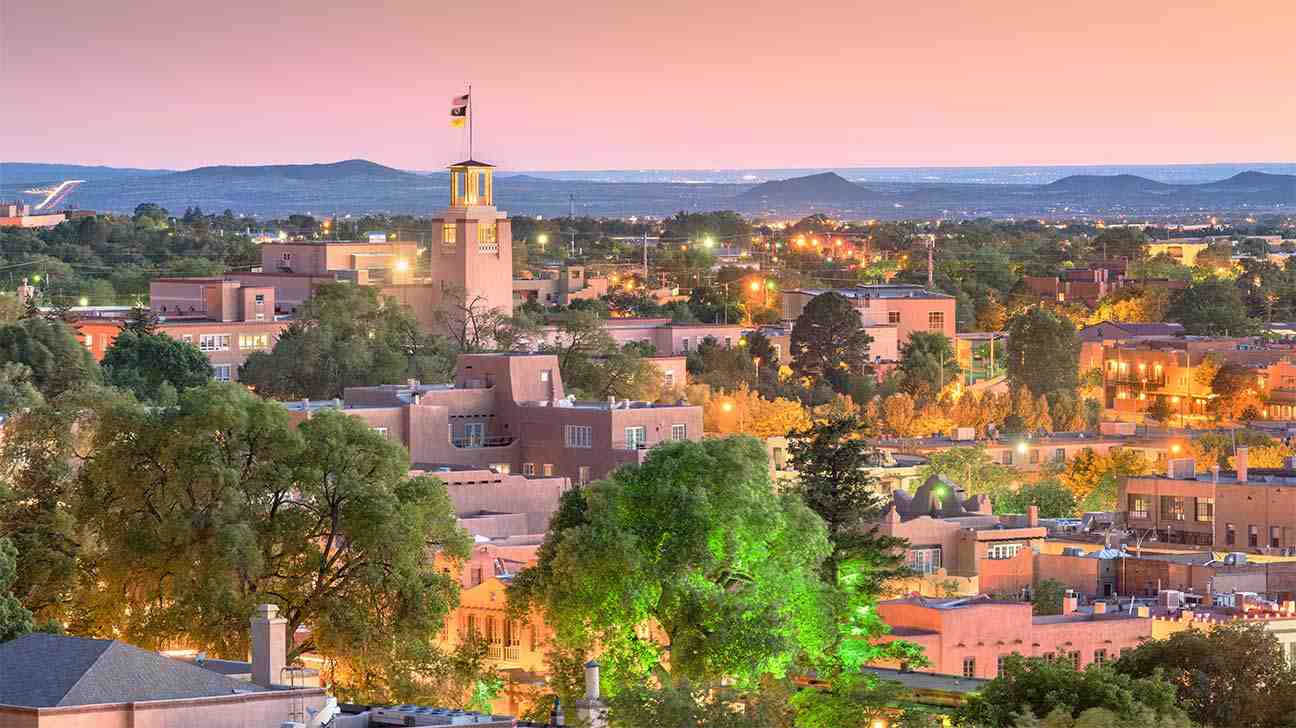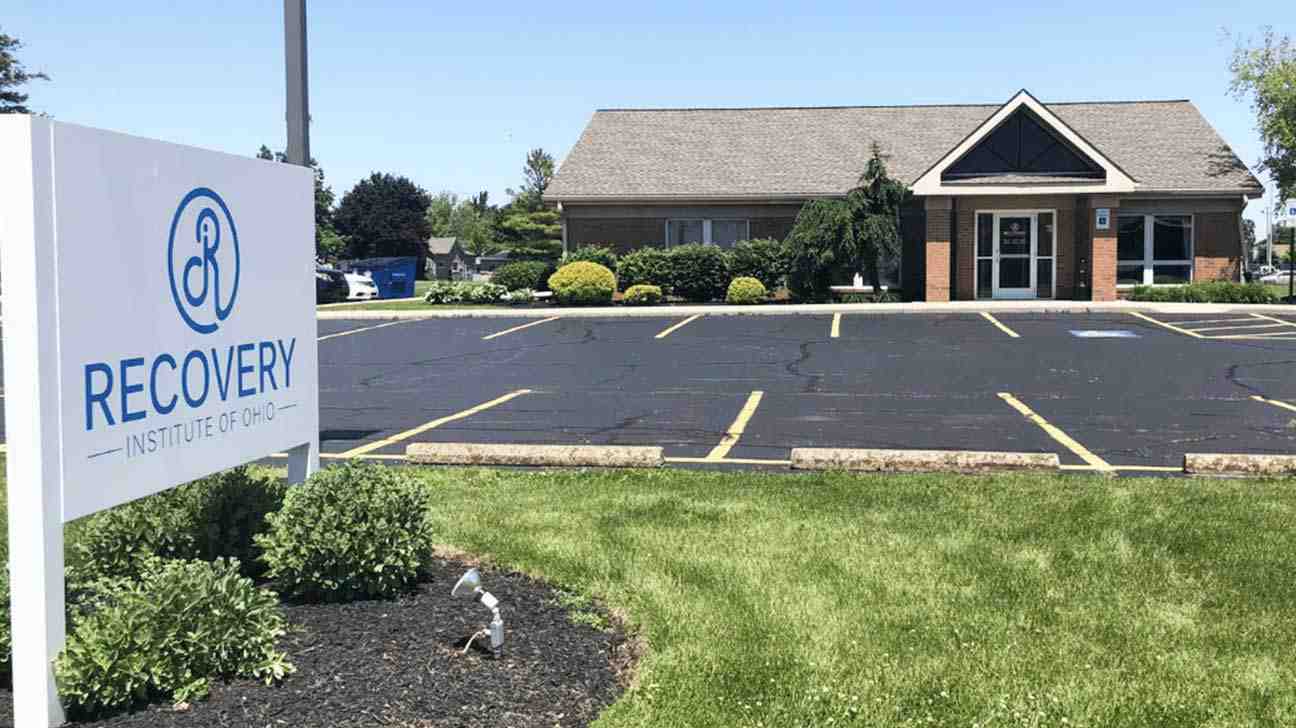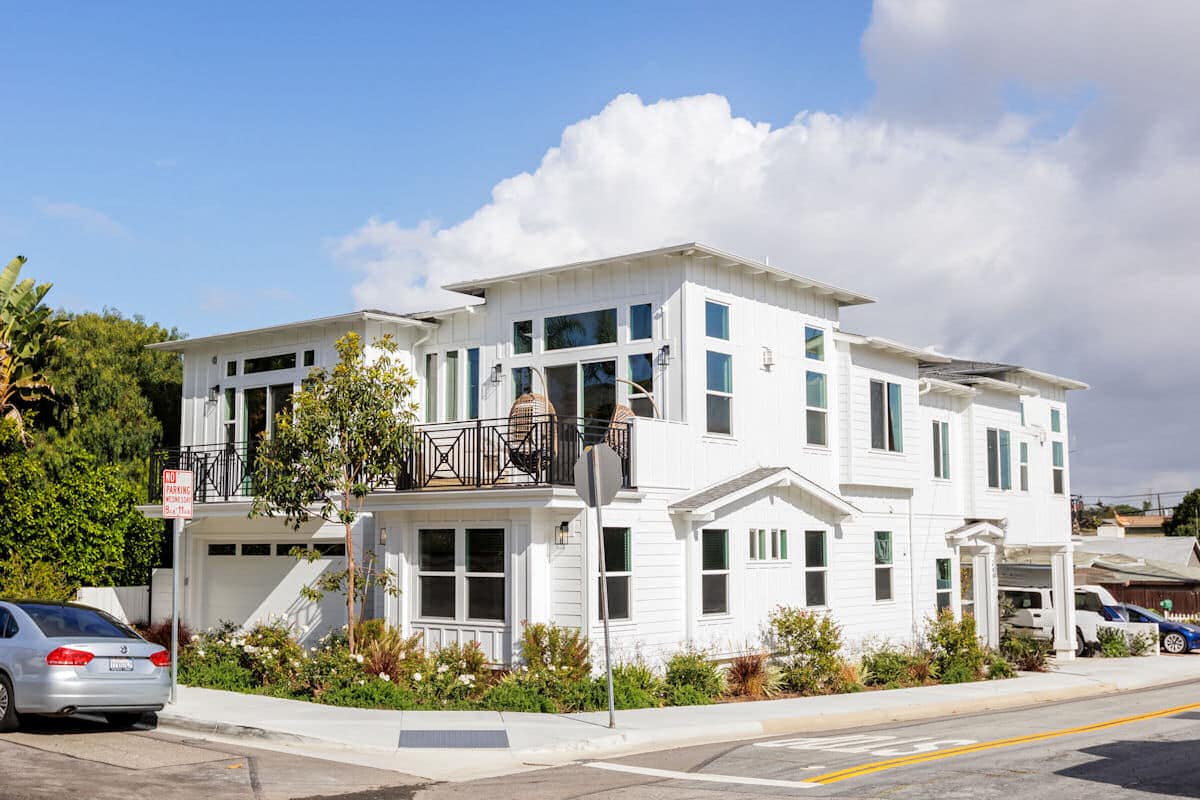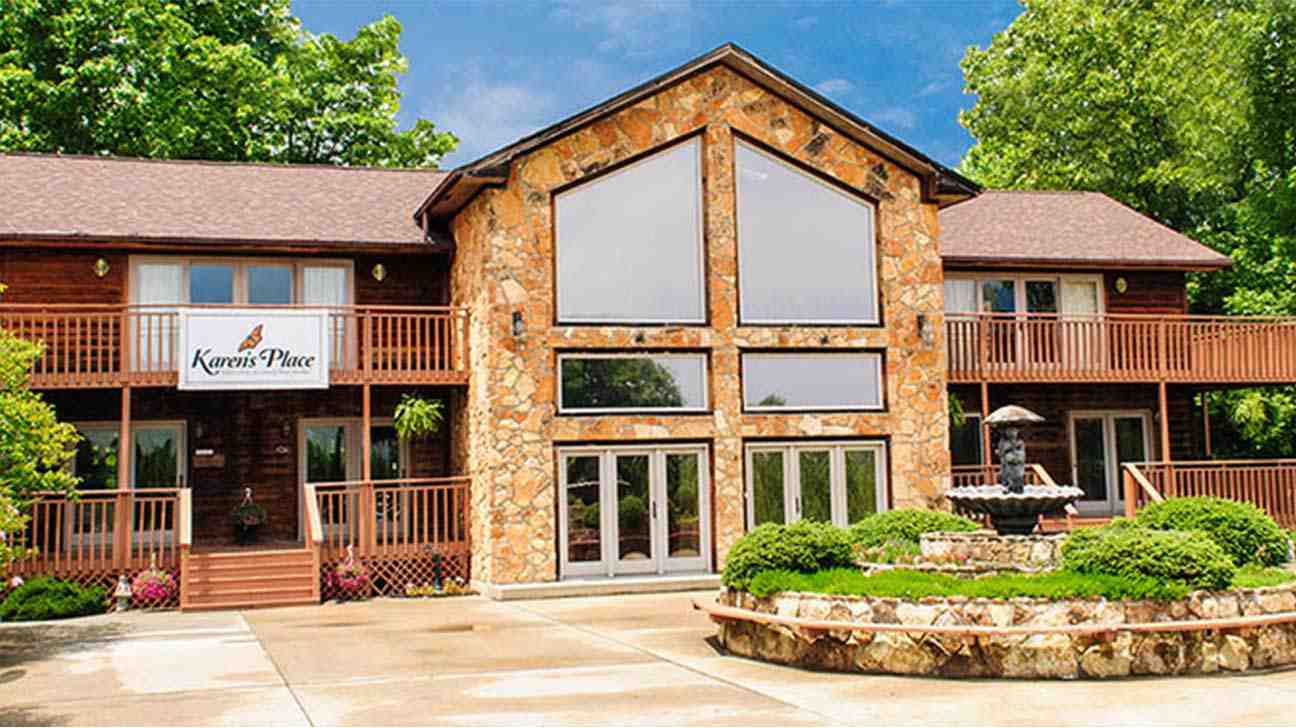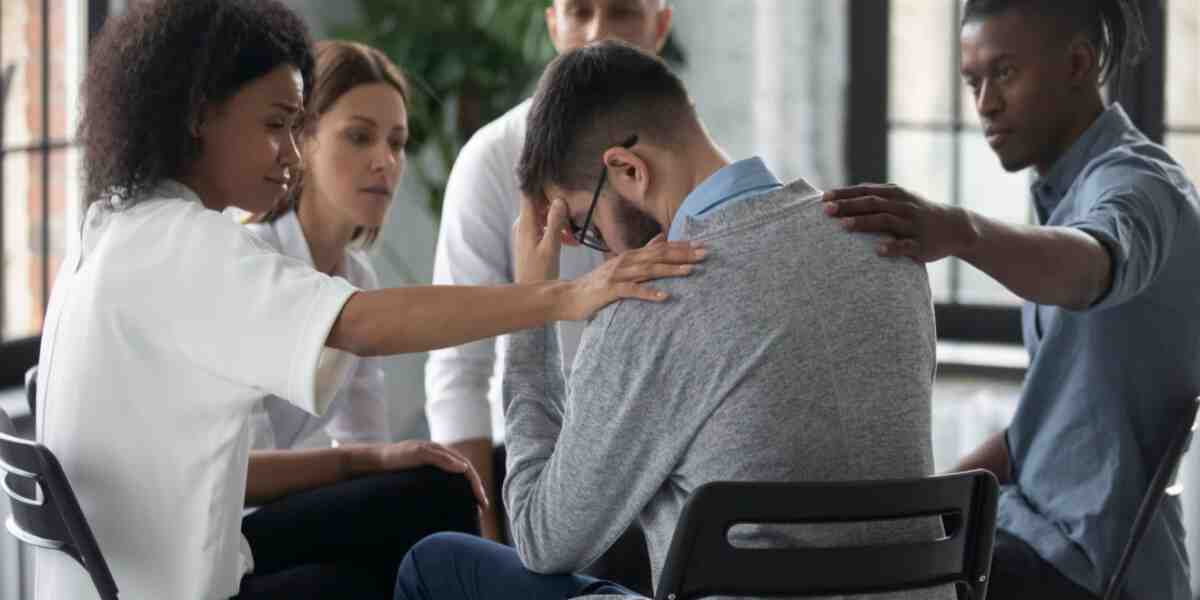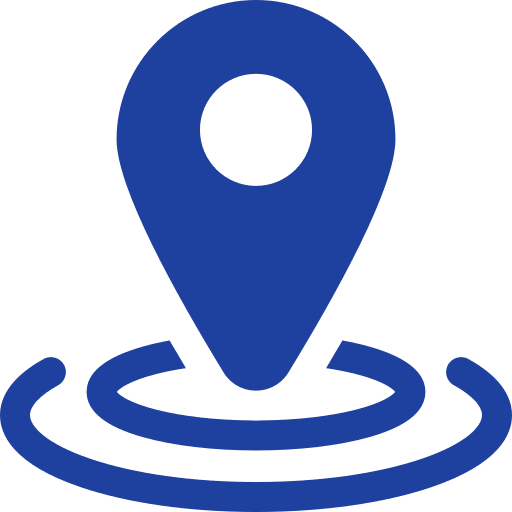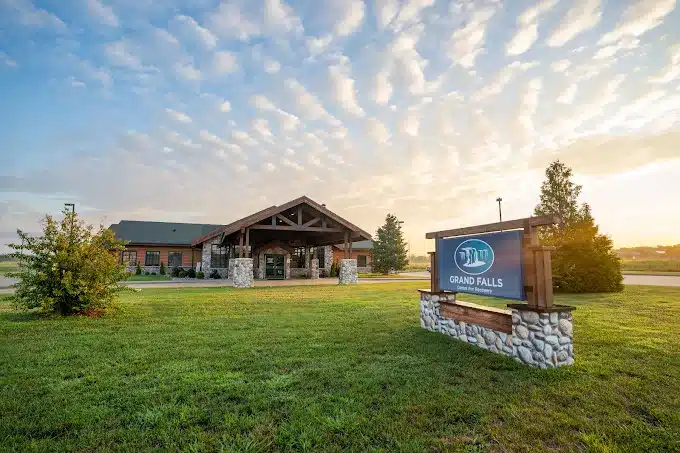
Finding Hope and Healing: Understanding Rehab Centers in Missouri
Rehab centers Missouri provide comprehensive addiction treatment across the state, with 278 facilities offering detox, inpatient, outpatient, and specialized services. Concentrated near St. Louis, Kansas City, Springfield, and Columbia, 73.4% accept private insurance, 68.7% accept Medicaid, and 77.7% offer sliding scale payment options.
Quick Overview of Missouri Rehab Options:
| Treatment Type | Number of Facilities | Average Cost |
|---|---|---|
| Outpatient Programs | 257 facilities | $1,710 – $10,000 |
| Residential Services | 61 facilities | $42,500 – $80,000 |
| Detox Services | 65 facilities | $139,988 |
| Inpatient Hospital | 11 facilities | Varies by facility |
Missouri faces significant addiction challenges. In 2024, 10.33% of adults struggled with alcohol addiction, and drug overdoses claimed 2,178 lives, with fentanyl involved in over 70% of those fatalities. Despite these statistics, there is hope. Missouri’s network of accredited treatment centers provides evidence-based care, from medical detox to long-term recovery support.
Finding the right treatment is key. Whether you need 24/7 inpatient residential care, flexible intensive outpatient programs, or specialized services for veterans or co-occurring conditions, Missouri has diverse options.
At Addiction Helpline America, we help individuals and families steer the process of finding addiction treatment in Missouri. Our team understands the critical factors that make rehab centers Missouri effective—from accreditation to specialized programs—and we’re here to guide you with expertise.
Essential Rehab centers Missouri terms:
Key Factors for Choosing a Missouri Rehab Center
Choosing the right treatment center is a critical step. With hundreds of rehab centers Missouri offers, it’s important to know what defines excellent care.
Accreditation is a key indicator of quality. Accreditation from The Joint Commission or CARF (Commission on Accreditation of Rehabilitation Facilities) means a center has passed rigorous reviews of its clinical practices, safety, and patient outcomes. State licensing from Missouri’s Department of Mental Health Division of Behavioral Health (DBH) is also essential, ensuring the facility meets state requirements.
Quality rehab centers Missouri use evidence-based therapies—treatments proven effective by research. Look for programs offering Cognitive Behavioral Therapy (CBT) to change harmful thought patterns, Dialectical Behavior Therapy (DBT) for emotional regulation, Motivational Interviewing to strengthen the desire for change, and family therapy to heal relationships.
For opioid or alcohol addiction, Medication-Assisted Treatment (MAT) is a vital option. MAT combines FDA-approved medications (buprenorphine, naltrexone, methadone) with counseling. These medications reduce cravings and withdrawal symptoms, allowing you to focus on recovery. The Know Your Rights in Medication-Assisted Treatment brochure explains your rights to access this treatment.
Specialized programs are crucial because addiction affects everyone differently. Veterans benefit from programs addressing military culture and PTSD, like those at the Harry S. Truman Memorial Veterans’ Hospital. Adolescents (12-17) need age-appropriate treatment with academic support, such as CSTAR’s Adolescent services. Women with children may need programs with childcare and housing assistance, which some CSTAR programs offer. LGBTQ+ individuals, young adults, and professionals also benefit from custom approaches.
Look for staff credentials from a multidisciplinary team, including licensed physicians, nurses, psychiatrists, therapists, and peer support specialists. They should have current licenses and specialized training in addiction medicine.
Finally, consider the location and environment. While many centers are in St. Louis, Kansas City, Springfield, and Columbia for accessibility, others offer secluded settings in the Ozarks. Some people heal best near family, while others need distance from triggers. The right environment is one where you feel safe and supported.
Addiction Helpline America can help you evaluate these factors to find a facility that fits your unique needs.
Comparing the Top 7 Rehab Centers in Missouri
Finding the right fit among rehab centers Missouri can feel overwhelming. This guide will help you understand the different types of centers and programs available. The “best” center isn’t about a ranking, but about finding the one that fits your unique needs and path to recovery.
Center 1: Holistic Approach to Recovery
Some rehab centers Missouri focus on holistic healing for the mind, body, and spirit. Often located in peaceful settings like the Ozarks, the environment itself is part of the therapy.
Key Services: These centers provide medically-monitored detoxification and residential treatment in a structured, on-site environment, with outpatient programs for continued support.
Unique Features: They blend traditional 12-step programming with wellness activities like yoga, meditation, and art therapy. Some offer boutique-style amenities, such as chef-prepared meals, to support physical and emotional healing. Family counseling and virtual programs are also common.
Insurance: Most accept a wide range of private health insurance and offer self-pay options.
Center 2: Supportive Programs for Veterans
Some Missouri centers specialize in treating veterans, understanding their unique experiences. These facilities are often located near urban centers like St. Louis or Kansas City, providing access to broader veteran support networks.
Key Services: They offer medically-monitored detox and residential care custom to address issues common among veterans, such as PTSD, military sexual trauma, and traumatic brain injuries alongside addiction.
Unique Features: Veteran-focused support includes group therapy with counselors who have military backgrounds and trauma therapies like EMDR. Family involvement programs educate loved ones on military culture and addiction.
Insurance: These centers typically accept TRICARE, private insurance, and work with VA benefits.
Center 3: Lifelong Recovery and Alumni Support
Some Missouri programs are built around the truth that recovery is a lifelong journey. With multiple locations across Missouri, including St. Louis and Kansas City, they offer accessible care and long-term connection.
Key Services: Comprehensive offerings include Partial Hospitalization Programs (PHP) for intensive daily treatment and Intensive Outpatient (IOP) programs for flexible care. They also provide medication management and therapy for co-occurring conditions.
Unique Features: Their hallmark is a commitment to long-term alumni engagement, with programs that keep you connected to a recovery community for years. The care team often includes peer support specialists with personal recovery experience.
Insurance: They work with major private insurers like BlueCross BlueShield, UnitedHealthcare, Humana, and Cigna.
Center 4: Community-Focused Recovery
These centers help you build a sober life within your own community. Located in accessible urban and suburban areas like St. Louis or Springfield, they allow you to stay close to home, family, and work.
Key Services: They offer inpatient rehab for initial immersive care, followed by outpatient therapies to apply recovery skills in real-world settings. Case management helps with practical needs like housing and employment.
Unique Features: A key strength is the focus on sober living options and strong community-based support, connecting clients to local 12-step meetings (AA/NA) and other recovery organizations.
Insurance: To serve a broad demographic, they typically accept private insurance, Medicaid, and Medicare.
Center 5: Dual Diagnosis and Integrated Care
These centers specialize in treating co-occurring disorders, where addiction is intertwined with mental health conditions like anxiety, depression, or trauma. They are often located in larger cities like St. Louis or Columbia to access more psychiatric resources.
Key Services: Treatment simultaneously addresses substance use and mental health disorders through psychiatric evaluations, medication management, and specialized therapy for dual diagnosis.
Unique Features: Trauma-informed care is a cornerstone, recognizing how past trauma can fuel addiction. Robust psychiatric support from on-site specialists ensures truly integrated treatment.
Insurance: They generally accept most major private insurance plans, as well as Medicare and Medicaid.
Center 6: Gender-Specific Recovery Programs
Gender-specific programs provide safe, supportive spaces for men and women to heal. Located throughout Missouri, these centers create an environment free from the distractions of co-ed settings.
Key Services: They offer distinct men’s programs and women’s programs in both residential and outpatient formats, designed around gender-specific issues in addiction and recovery.
Unique Features: This gender-responsive care addresses the different paths men and women take into addiction. Women’s programs may focus on trauma and offer childcare support, a crucial service for mothers. Men’s programs often address healthy masculinity and societal pressures.
Insurance: Most accept private insurance, and some have access to state funding for women’s programs.
Center 7: Flexible Outpatient and Telehealth Options
For those who can’t step away from work or family, some rehab centers Missouri offer flexible care. Located in accessible urban areas like Kansas City or St. Louis, they help you fit treatment into your life.
Key Services: They provide Intensive Outpatient Programs (IOP) for structured therapy while living at home, and general outpatient counseling for ongoing support.
Unique Features: Flexibility is key, with evening programs for working adults and robust telehealth services. Virtual counseling makes treatment accessible to rural residents or those with transportation issues.
Insurance: They widely accept private health insurance, Medicaid, and Medicare, as these services are often well-covered.
At Addiction Helpline America, we understand that this variety of options can feel both encouraging and overwhelming. We’re here to help you sort through these choices and find the approach that fits your unique situation. Give us a call, and let’s figure out together which path makes the most sense for you.
Paying for Treatment at Rehab Centers Missouri
Understanding the cost of treatment is a primary concern. The average cost for addiction treatment in Missouri is approximately $56,782, but this figure varies widely based on the level and duration of care.
Inpatient versus outpatient costs differ significantly. Residential programs, which provide 24/7 care, can range from $5,000 to $80,000 for a 30-day stay without insurance. Medical detox averages around $139,988 due to intensive supervision. With insurance, these costs can be reduced substantially.
Outpatient programs are more affordable, with total costs typically ranging from $2,000 to $10,000. Outpatient methadone treatment averages around $7,397.
Insurance coverage makes treatment accessible. In Missouri, 73.4% of rehab centers accept private insurance (BlueCross BlueShield, UnitedHealthcare, etc.), 68.7% accept Medicaid, 39.6% accept Medicare, and 60.8% accept federal military insurance. Additionally, 44.2% work with other state-funded insurance plans.
For those considering Medication-Assisted Treatment (MAT), the Know Your Rights in Medication-Assisted Treatment brochure explains coverage and legal protections.
If you lack sufficient insurance, other options exist. An impressive 77.7% of facilities offer sliding scale fees based on income, and 94% accept cash or self-payment. State-funded programs like CSTAR (Comprehensive Substance Treatment and Rehabilitation) provide treatment based on need, not ability to pay. Grants and scholarships may also be available.
Cost should not be a barrier to recovery. Addiction Helpline America can help you verify insurance benefits, explore payment plans, and connect with affordable programs.
Missouri State and Crisis Resources for Addiction
Beyond private rehab centers Missouri offers a strong network of state-funded and crisis resources.
The Missouri Division of Behavioral Health (DBH) oversees public programs for substance use and mental health. A key initiative is the CSTAR Program (Comprehensive Substance Treatment and Rehabilitation), which offers publicly funded services custom to different needs:
- CSTAR Women and Children: Provides childcare and housing assistance for mothers.
- CSTAR Adolescent: Serves youth (12-17) with integrated academic education.
- CSTAR General Population & CSTAR Opioid: Offer comprehensive adult treatment, including MAT.
- Primary Recovery Plus: Ensures access for those without Medicaid.
The DBH prioritizes services for vulnerable populations like pregnant women and those in crisis.
For immediate help, the 988 Suicide & Crisis Lifeline is available 24/7 by calling or texting 988. Behavioral Health Response (BHR) also provides 24/7 crisis support and telephone counseling.
Advocacy and support organizations include the National Alliance on Mental Illness (NAMI) Missouri, Mental Health America (MHA) of Eastern Missouri, and the Missouri Coalition of Recovery Support Providers (MCRSP.org). These groups offer resources, education, and support groups.
Community support groups are vital for long-term recovery. Missouri has numerous meetings for Alcoholics Anonymous (AA), Narcotics Anonymous (NA), SMART Recovery, and family groups like Al-Anon and Nar-Anon, many with online options. These provide essential peer support.
Addiction Helpline America can help you connect with these state and community resources to find the right support for your situation.
Your Next Step Towards Recovery
You’ve learned about the types of care, costs, and resources available at rehab centers Missouri. This knowledge is the first step toward making a change.
Taking the first step is crucial, but you don’t have to do it alone. Recovery is possible, and reaching out for help takes courage. You may have questions about the right program, insurance, or specialized care for your unique situation.
That’s why Addiction Helpline America exists. We provide free, confidential guidance to help you steer your options. Our team understands the landscape of rehab centers Missouri and can connect you with a program that fits your personal needs. We will help you verify insurance, explore payment options, and find answers.
Your recovery journey is personal and deserves personalized support. Your path to healing starts with a single conversation.
Our helpline is 100%
free & confidential
If you or someone you care about is struggling with drug or alcohol addiction, we can help you explore your recovery options. Don’t face this challenge alone—seek support from us.
Programs
Resources
Will my insurance
cover addiction
treatment?
We're ready to help
Find the best
drug or alcohol treatment
center
Are you or a loved one struggling with addiction? Call today to speak to a treatment expert.




